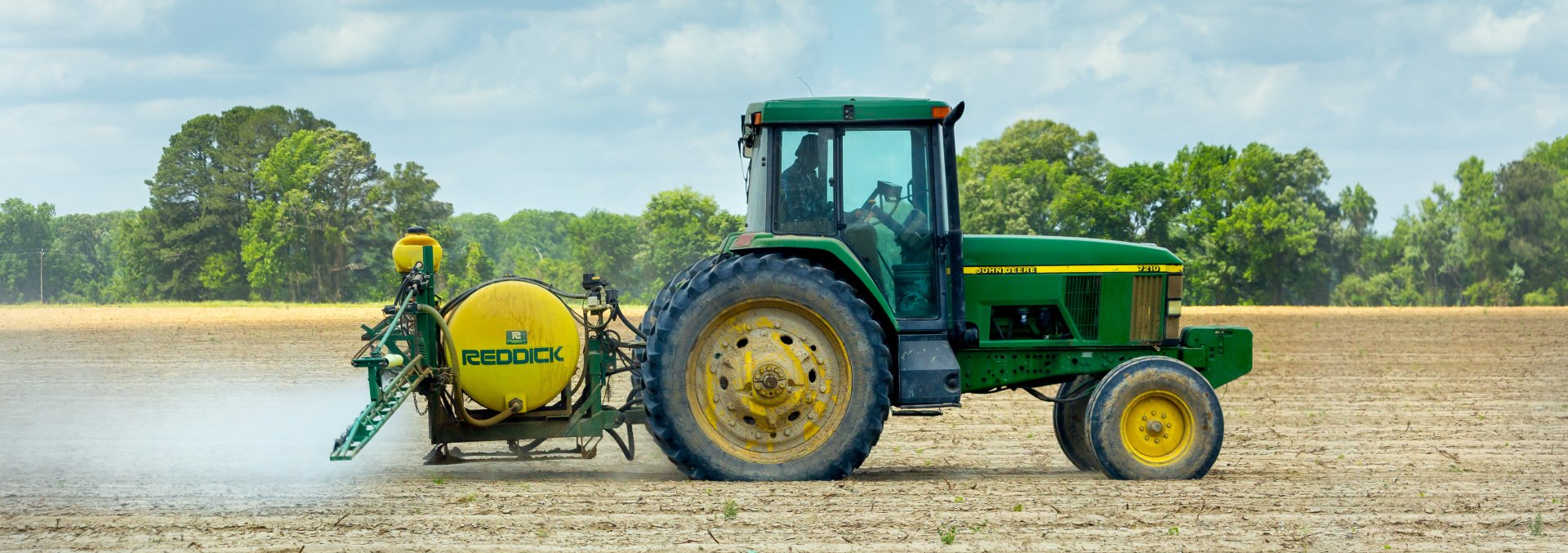Agribusinesses Now Being Targeted For Independent Contractor Misclassification Class Actions
Legal News Update
by Richard Reibstein, Esq. Contributing Guest Writer.

We highlight below the independent contractor misclassification and compliance developments that recently occurred in July and August 2022. One of the most important judicial developments is a new lawsuit alleging that Perdue Farms misclassifies chicken growers as independent contractors. This lawsuit may signal that agribusiness is the next industry being targeted by class action lawyers.
Another key legal development is a bipartisan initiative in Congress to propose legislation recognizing the legitimate use of independent contractors. While there is little likelihood that the pending bill will become law in this Congress, the fact it has bipartisan support suggests that it will be reintroduced in future sessions of Congress and may gain momentum.
A third legal development is a regulatory initiative by the National Labor Relations Board and the Federal Trade Commission to coordinate agency action against companies, particularly those in the gig economy, regarded as undermining competition and the right to unionize through the misclassification of employees as independent contractors.
There have been many coordinated agency efforts in the past that have focused on misclassification of independent contractors, but they have failed to result in any meaningful enforcement actions. Moreover, as explained below, the NLRB is not statutorily authorized to investigate companies referred to it by other administrative agencies, making any coordinated enforcement action between the NLRB and the FTC highly unlikely. Nonetheless, the heightened focus on the use independent contractors since President Biden’s election has sent a strong message to companies that use contractors: enhance your compliance with federal, state, and local independent contractor laws. Many companies have utilized a process such as IC Diagnostics (TM), which restructures, re-documents, and/or re-implements independent contractor relationships in order to minimize risk of misclassification liability in a customized and sustained manner, without altering the company’s business strategy or objectives.
CHICKEN PRODUCER SUED BY GROWERS IN CLASS ACTION FOR IC MISCLASSIFICATION.
Perdue Farms faces a class action complaint brought in a Georgia federal court by chicken farmers claiming wage and hour violations under the Fair Labor Standards Act due to the farmers’ alleged misclassification as independent contractors instead of employees. The farmers, who raise chickens, which Perdue Farms own, from shortly after hatching until slaughter, also allege that Perdue breached their independent contractor agreements with the farmers and terminated a grower’s contract in retaliation for his contacting the USDA about a potential violation by Purdue.
According to the complaint, Perdue “treats all of its [farmers] across the country in the same fashion, using the same restrictive contracts and guidelines with all of them to dictate nearly every aspect of how they run their farms.” The complaint also alleges that Perdue has “devised a scheme to saddle [farmers] with risk and debt, while at the same time directing and controlling every aspect of the chicken growing process….”
The farmers claim they make large investments in barns, equipment, and “grow out” houses, often requiring them to take out large loans to finance their purchases, which causes the farmers’ compensation to fall below the minimum wage. Among other things, Perdue allegedly requires the farmers to work exclusively for Purdue; trains, supervises, and monitors the farmers; requires the chicken houses to meet certain precise specifications; requires each farmer to sign an identical Poultry Producer Agreement; requires compliance with its guidelines and bio-security policies; controls the methods used to raise the chickens; requires use of feed provided by Perdue; and controls the schedule of the growers’ work and timing for delivery of chicks. Parker v. Perdue Farms Inc., No. 5:22-cv-00268 (M.D. Ga. July 22, 2022).
Content Disclaimer: Due to the constantly changing nature of government regulations, it is impossible to guarantee the total and absolute accuracy of the material contained herein or presented. NorthAmerican Transportation Association (NTA) cannot and does not assume any responsibility for omissions, errors, misprinting or ambiguity contained. NTA shall not be held liable in any degree for any loss, damage or injury caused by any such omission, error, misprinting or ambiguity present. It is made available with the understanding that NTA is not engaged in rendering legal, accounting or other professional service. If legal advice or other expert service is required, the services of such a professional should be sought.











